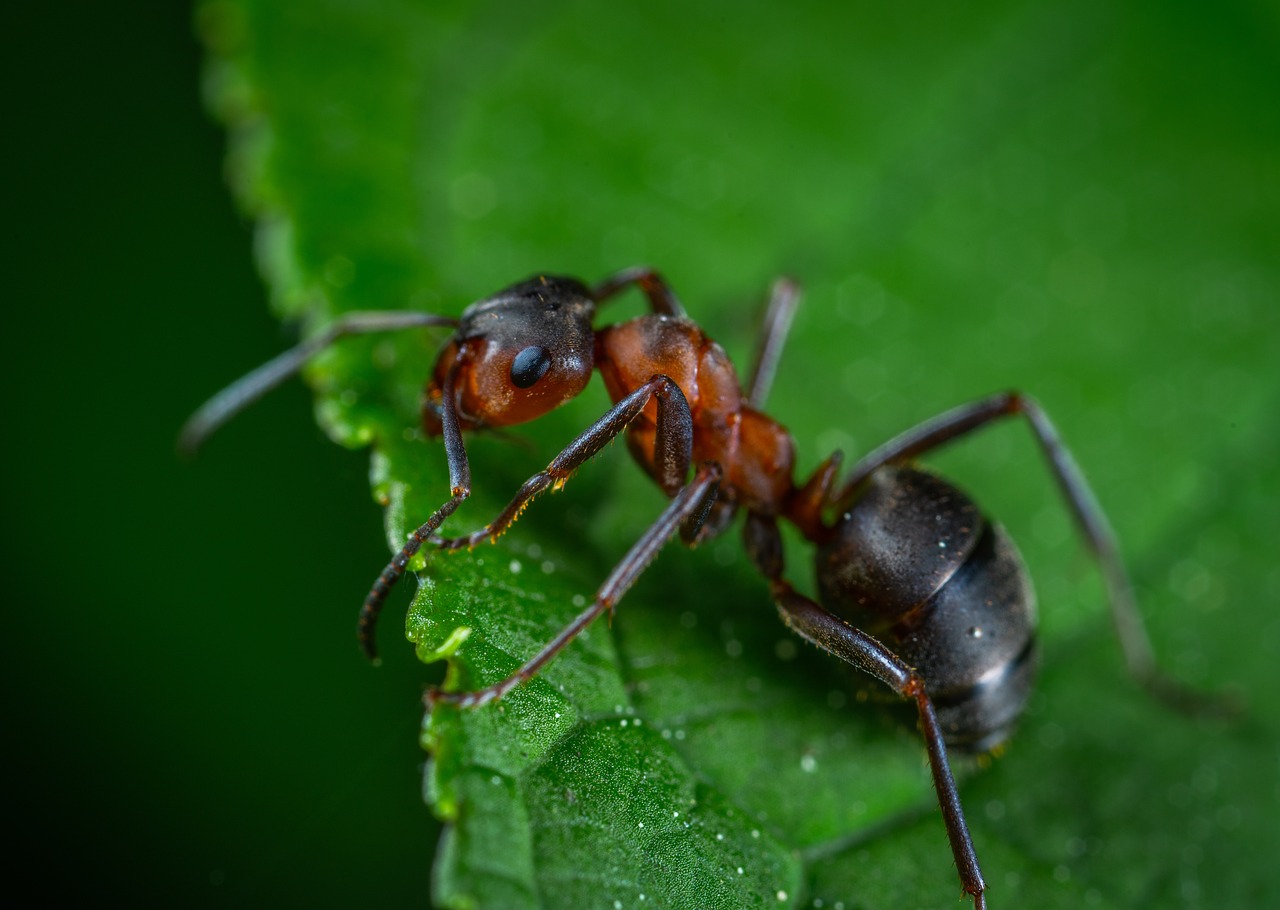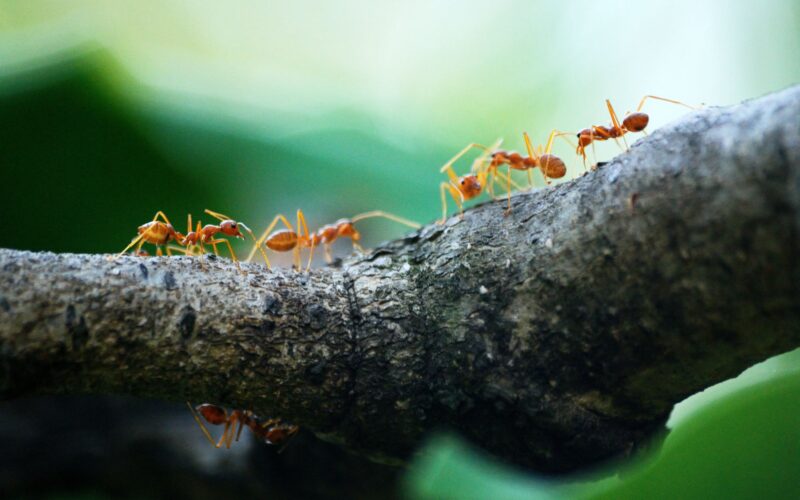Ants, the minuscule yet mighty creatures populating diverse ecosystems, captivate with their intricate behaviors and societal structures. Here are ten astonishing facts that unravel the intriguing world of these industrious insects.
Superhuman Strength in Miniature Form
In the realm of strength, ants punch far above their weight class. Despite their tiny size, these insects exhibit remarkable power, capable of carrying objects up to 50 times heavier than their own body weight. This astonishing strength enables them to transport food, construct nests, and support their colonies’ infrastructure efficiently.
Sophisticated Societal Structures
Ants thrive in highly organized societies known as colonies. Within these colonies, they allocate specific roles to different members. Workers diligently forage for food and maintain the nest, while soldiers defend the colony from threats. The queen, the heart of the colony, is responsible for reproduction, laying eggs that sustain the colony’s population.
Communication Beyond Words
Ants communicate through various methods, including pheromones, sounds, and touch. Pheromones, in particular, play a pivotal role in conveying messages about food sources, warning signals, and even marking trails to guide other ants. By releasing and interpreting these chemical signals, ants effectively coordinate tasks and navigate complex environments.
Lightning-Fast Sprinters
For creatures of their size, ants can sprint at astonishing speeds. Some species can scurry along at a pace of up to 2.5 feet per second, showcasing their agility and rapid movement abilities, which aid in escaping predators and securing food efficiently.

A Diverse and Omnivorous Diet
Ants are omnivores, displaying a versatile palate that includes nectar, seeds, other insects, fungi, and even dead animals. Their diverse diet allows them to adapt and thrive in various environments, contributing to their widespread distribution across different ecosystems.
Master Architects of the Insect World
Ants exhibit remarkable architectural prowess. They construct elaborate nests, tunnels, and chambers, often underground or within trees, using a mixture of soil, leaves, and saliva. These structures serve multiple purposes, providing shelter, protecting the queen and her eggs, and facilitating food storage.
Surprising Longevity
While the lifespan of individual ants varies across species, some ants can live for several years. Notably, queen ants, responsible for reproduction, can survive for incredibly long periods, with some species having queens that live for decades, ensuring the continuity of their colonies.
Global Residents, Exceptional Survivors
Ants are incredibly adaptable creatures, found almost everywhere on Earth except Antarctica. Their adaptability and resilience have allowed them to thrive in diverse climates, from rainforests to deserts, showcasing their ability to conquer varied terrains.
Ants as Agricultural Innovator
Certain ant species are skilled farmers. They cultivate fungus gardens by planting, fertilizing, and harvesting fungal crops within their colonies. This unique behavior of ant agriculture demonstrates their ability to manipulate and utilize resources to sustain their colonies.
Ecological Impact and Importance
Beyond their individual traits, ants play a crucial role in maintaining ecosystem balance. They aid in seed dispersal, promote soil aeration through tunneling, and serve as natural pest controllers by preying on other insects, thus contributing significantly to the overall health of their environments.
These astonishing facts illuminate the extraordinary world of ants, showcasing their strength, intelligence, adaptability, and essential contributions to the natural world. Through their intricate behaviors and societal structures, ants continue to captivate and inspire awe in the study of entomology and animal behavior.










